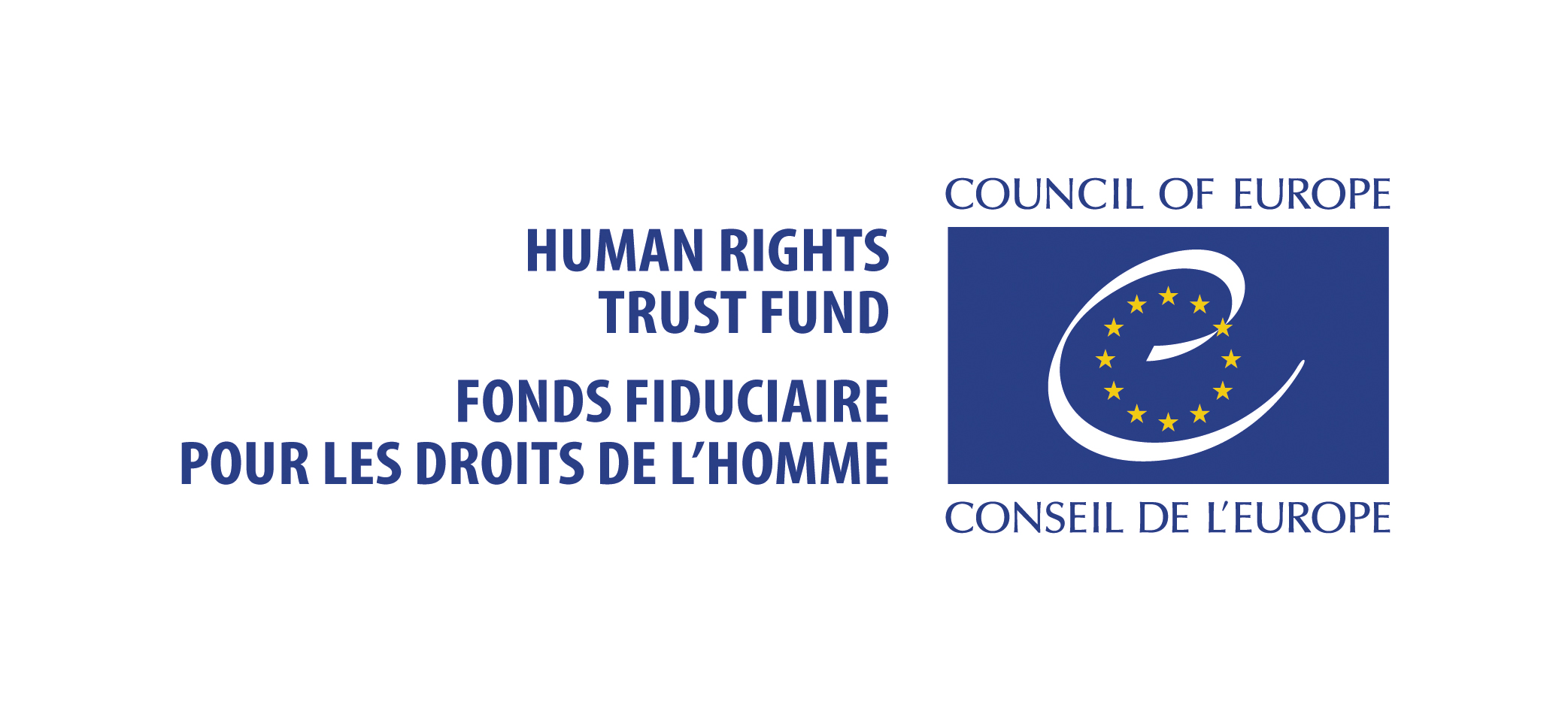Activities
The obstacles that Member States may face in implementing the Convention or other Council of Europe human rights instruments or in assuring full and timely national execution of the judgments of the Court, may be of a financial or structural nature or relate to a need for capacity-building and expert support.
Amongst the activities approved by the Assembly of the HRTF:
- putting in place effective norms and procedures for a better enforcement of national court decisions;
- providing magistrates and lawyers with high-quality training in Convention law and contributing to the dissemination of the Court's case-law and to its effective accessibility for legal professionals;
- assisting Bar Associations, individual lawyers specialised in human rights and legal clinics in providing all necessary information to potential applicants before the European Court of Human Rights;
- commissioning translations of key case-law of the European Court of Human Rights into relevant languages and ensuring dissemination of such case-law to legal professionals;
- providing support to execute the European Court's judgments in the field of freedom of expression and the media by raising awareness of judges and prosecutors on the Court's case-law;
- supporting the newly established National Preventive Mechanisms to effectively prevent ill-treatment and torture from occurring in all types of places where human beings are or could be deprived of their liberty.
Through these activities, the HRTF essentially seeks to strengthen the sustainability of the Court by contributing to the full and timely execution of its judgments and alleviating therefore its important workload by reducing the number of cases brought before it.



